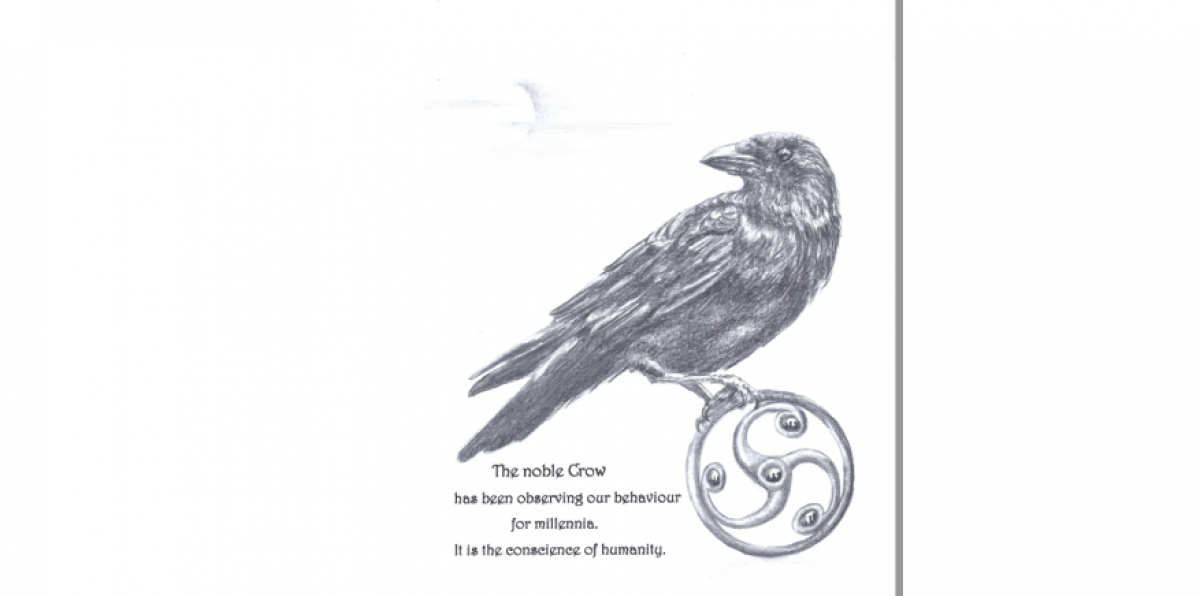Report on a research trip by STP’s Middle East expert
Dr. Kamal Sido, Middle East Consultant of the Society for Threatened Peoples (STP), visited Rojava in northern Syria from March 12 to April 3, 2016, to get his own impression of the situation. The important outcome of his research trip are around 24 interviews with members of different ethnic groups, 18 of which are published as an annex to this report.
The Western media are still dominated by the images of the “good revolutionaries” and the “evil regime” in Syria. However, this dichotomous image is obsolete, at least since the emergence of the terrorist group “Islamic State” (IS), formerly known as the “Islamic State in Iraq and Syria” (ISIS) or the “Islamic State in Iraq and the Levant” (ISIL). Today, it must be noted that the so-calledFree Syrian Army (FSA) in Syria is completely infiltrated by Islamists.
Throughout the country, the civilian population is suffering from the terrible civil war, which has been going on since 2011. The situation is growing worse every day – especially for the minorities. Many members of minority groups have left the country for fear of discrimination or assaults. They cannot live in safety. Everywhere they go, they are at risk of being abducted, executed, or tortured. Members of ethnic and religious minorities who are on the run within Syria are either trying to reach the area along the Syrian Mediterranean coast in the west, which is held by the regime, Damascus, or Rojava in northern Syria.
There are about 3,000,000 Kurds living in Syria. They represent about 15 percent of the population, and most of them live in two (not connected) enclaves in the north of the country – Jazire/Cazîra and Afrin.
You can read the full report online including all interviews or download it for free: Rojava – a “protection zone” for religious and ethnic minorities in northern Syria? (pdf) https://www.gfbv.de/fileadmin/redaktion/Reporte_Memoranden/2016/Northern-Syria-research-trip-2016.compressed.pdf
